SUMMARY
This is AI generated summarization, which may have errors. For context, always refer to the full article.
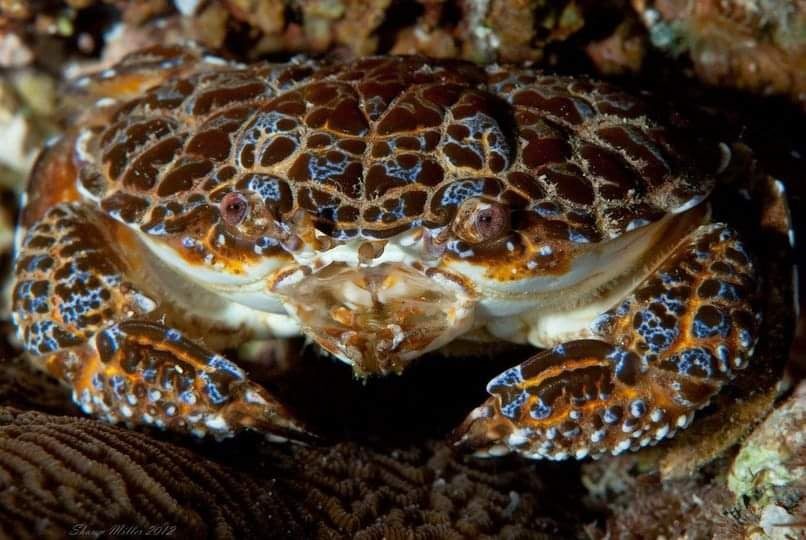
ALBAY, Philippines – The Bureau of Fisheries and Aquatic Resources (BFAR) issued a warning about the presence of two poisonous crab species in the waters off Bicol, specifically in the provinces of Camarines Norte, Camarines Sur, Sorsogon, and Masbate.
BFAR-Bicol director Ariel Pioquinto said populations of poisonous crabs have been discovered in several locations, including Lagonoy, Camarines, Mercedes town in Camarines Norte, Cawayan town in Masbate, and the municipalities of Gubat, Bulusan, and Matnog in Sorsogon province.
Among these species, one is known as the devil crab (Zosimus aeneus), referred to locally as “liod” or “kaligmata.” It can be identified by brownish blotches on a paler background and is found to harbor neurotoxins, namely tetrodotoxin and saxitoxin, in both its flesh and shell.
The other poisonous crab species has been identified as the floral egg crab (Atergatis floridus).
BFAR has cautioned that the toxins present in these crabs are resistant to heat or cooking and can cause severe harm, including paralysis, respiratory difficulties, and even death within a short period.
Officials from BFAR in Bicol have called on fishermen and coastal communities to promptly report sightings of these poisonous crabs to the authorities to minimize potential risks.
In a released statement, BFAR advised the public to exercise extreme caution and refrain from direct contact with these crabs, particularly their pincers. The bureau said handling them without adequate protection, such as thick gloves or tools that maintain a safe distance, must be avoided.
In case of accidental contact or consumption, BFAR urged those affected to seek immediate medical attention, especially if symptoms or allergic reactions occur.
“Ensure the proper disposal of any captured poisonous crabs, keeping them out of the reach of children, pets, or unsuspecting individuals,” read part of the BFAR statement. – Rappler.com
Add a comment
How does this make you feel?
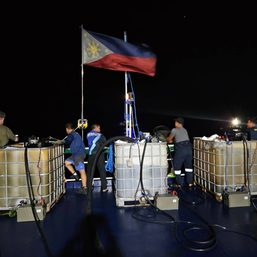


![[Rappler’s Best] The elusive big fish – and big fishers](https://www.rappler.com/tachyon/2024/04/The-elusive-big-fish-%E2%80%93-and-big-fishers.jpg?resize=257%2C257&crop=220px%2C0px%2C720px%2C720px)


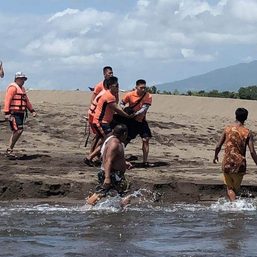
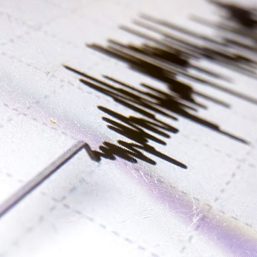


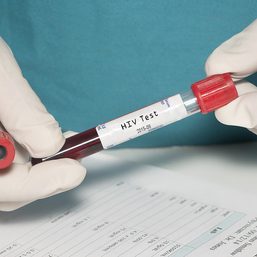





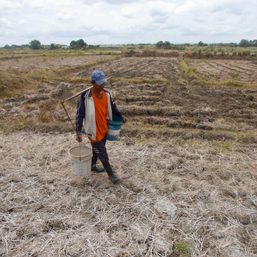



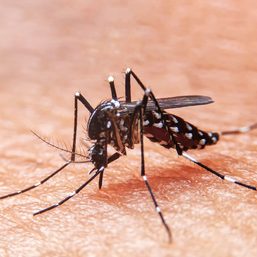
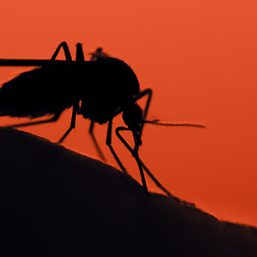



There are no comments yet. Add your comment to start the conversation.